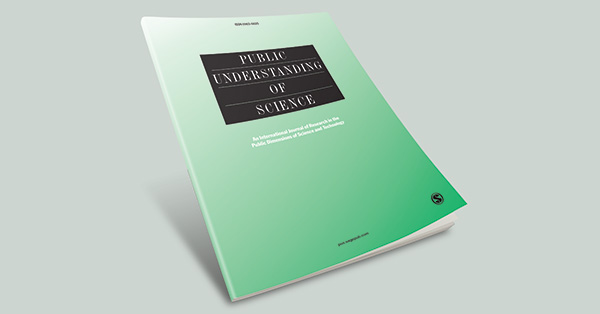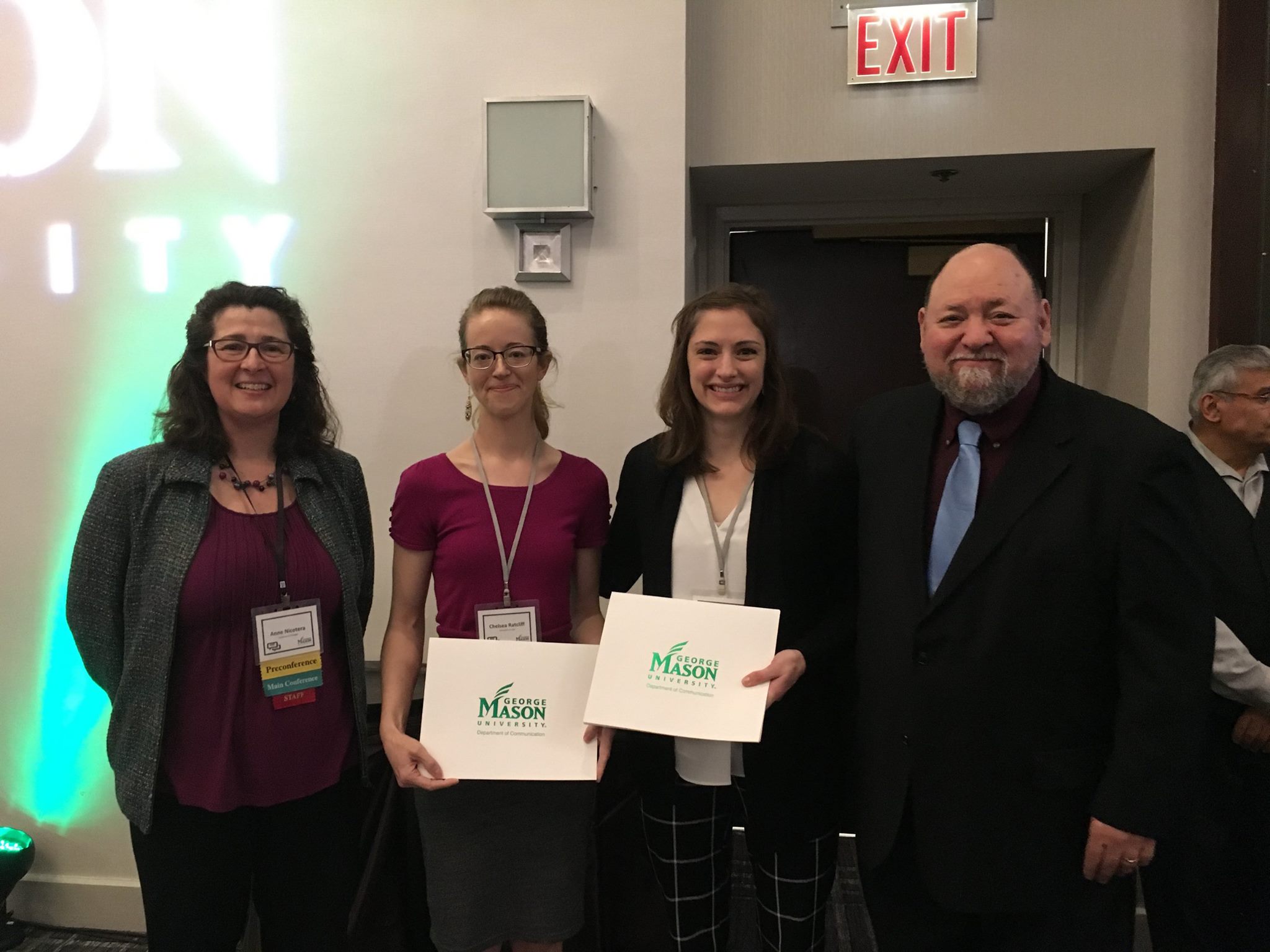I’m excited to share our new paper in Public Understanding of Science! We integrated a set of message and audience characteristics drawn from prior literature to propose a process-oriented framework for testing the effects of communicating uncertain science to the public.
Several recent communication papers, including a scoping review from our team, identified a lack of message effects theories for studying the effects of communicating uncertainty to public audiences.
Here, we tested the proposed framework in a study comparing US public audience reactions to a news article that depicted a novel discovery in neurogenomics as certain or uncertain, with statements of (un)certainty attributed to either affiliated or unaffiliated scientists.
We found that disclosing uncertainty had no main effects on perceived news article credibility, scientist trustworthiness or objectivity of the scientists’ depictions. But news credibility & objectivity were higher for uncertainty disclosure attributed to the affiliated scientists (vs unaffiliated scientists).
We view our proposed model as just one of several possible models that will help to advance theory-building in this area (I’ve always liked the idea of a theory being comprised of a “family of models”).
We also presented a new scale to measure the public’s Preference for Information about Uncertain Science (“PIUS”). In this study, those with higher PIUS (unsurprisingly) responded favorably to messages disclosing uncertainty (vs. conveying certainty).
A shout-out to my super smart coauthor, Rebekah Wicke, as well as thank-you’s to @AEJMC_ComSHER for giving us a paper award last year and to @AEJMC_MCS for a grant that funded the study.
We’re excited to integrate our work with the theory innovations others in this domain are working on!
A PDF of our paper can be found here.




